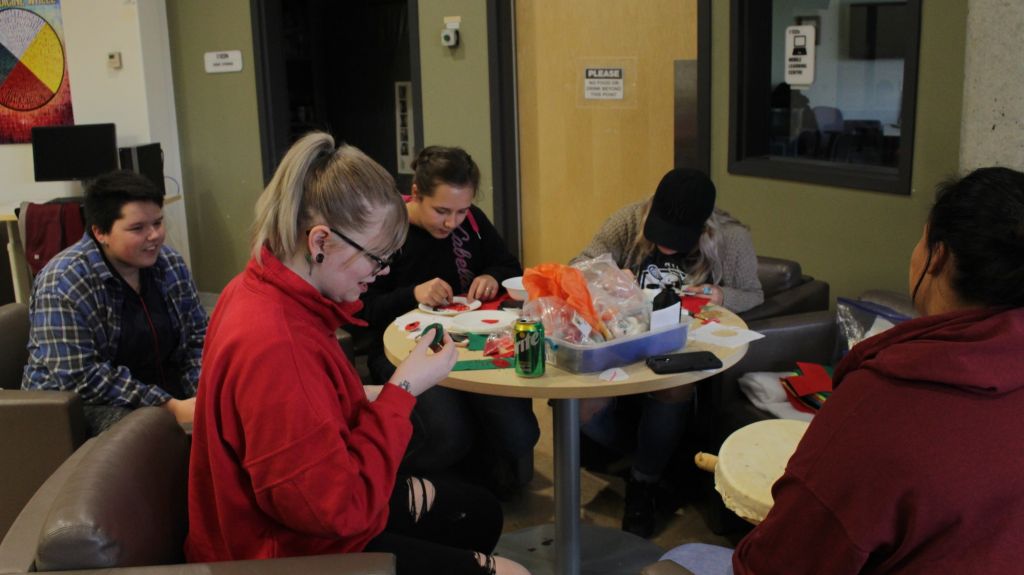Maggie Downer, a Mohawk student at Algonquin, went into yesterday’s federal election with a lot of unanswered questions about Indigenous issues from the federal leaders.
“I just kind of want to know what they [the federal leaders] have addressed so far,” said Downer. “How many nations have they given clean water to?”
For Indigenous people, there are a great deal of concerns that are not addressed properly, and communities are suffering.
“I think it’s all the lies,” said Downer. “All these empty promises, and when it comes to indigenous communities. Again, there’s not just one thing that’s going bad.”
Education is one of the top concerns for students everywhere. For Indigenous students however, there is a lag compared to non-indigenous students.
“Education. I think that needs to be addressed because Indigenous people shouldn’t be struggling to find funding,” said Downer. “I mean we should be acknowledged for the fact that we’re even going to college because for most, it’s not even possible. I didn’t think I’d live to be here today.”
For Indigenous students who are able to pursue a post-secondary education, transitioning to large cities later becomes a concern because of being under prepared and budgeting.
“On reserves, we’re critically underfunded in comparison to off reserve Canadian communities,” said Gregory Phillips, Pathfinder at the Mamidosewin Centre. “So, students don’t know about resources out there and how to engage them.”
We are in the era of truth and reconciliation. But if federal leaders aren’t addressing the truth, it’s not surprising that Canadians are not aware of it.
The infograph below provides insight into how much some post-secondary students know about Indigenous people. Considering the survey was handed to students on campus, 75 per cent of them were not aware that most Indigenous people reside in Ontario.
As shown in the infograph, out of the all students who completed the survey, the majority were not aware of the current emergency in Indigenous communities and almost half of the students did not know the history behind residential schools.
Students can reach out to their local Indigenous centre such as the Mamidosewin Centre to learn more.
As the campaign platforms failed to meet the concerns of Indigenous communities, the hope is that federal leaders will soon begin to actively listen.
“The community will say one thing, but the leaders will hear a different thing of what’s needed, or they will tailor them,” said Phillips.
“We can wash our kids in dirty bath water, but we can’t drink it. So, stop saying sorry and actually do something,” said Downer.


